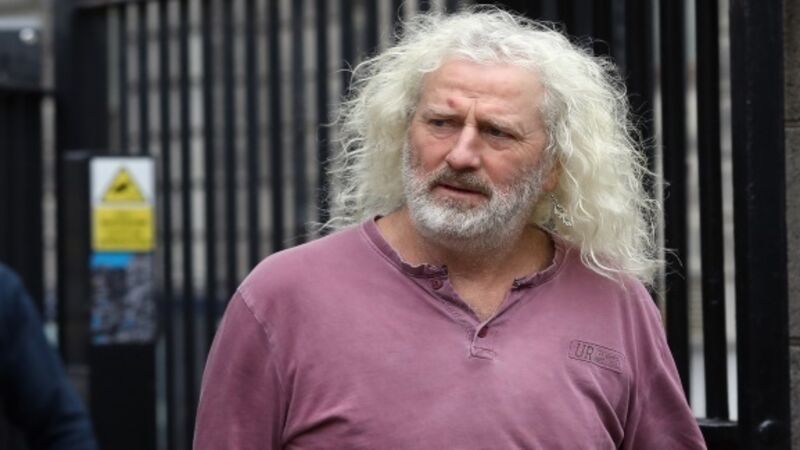Popular TD is a man of contradictions: Mick Wallace exits bankruptcy

A year after being declared bankrupt, Independent TD Mick Wallace is scheduled to walk away from debts of more than €30m, writes .
Try from €1.50 / week
SUBSCRIBEA year after being declared bankrupt, Independent TD Mick Wallace is scheduled to walk away from debts of more than €30m, writes Elaine Loughlin.
Wallace leaves behind debts of €30m as he exits bankruptcy
Already a subscriber? Sign in
You have reached your article limit.
Annual €130 €80
Best value
Monthly €12€6 / month
Introductory offers for new customers. Annual billed once for first year. Renews at €130. Monthly initial discount (first 3 months) billed monthly, then €12 a month. Ts&Cs apply.
CONNECT WITH US TODAY
Be the first to know the latest news and updates
Newsletter
Keep up with stories of the day with our lunchtime news wrap and important breaking news alerts.
Monday, February 9, 2026 - 1:00 PM
Monday, February 9, 2026 - 6:00 AM
Monday, February 9, 2026 - 8:00 AM
© Examiner Echo Group Limited